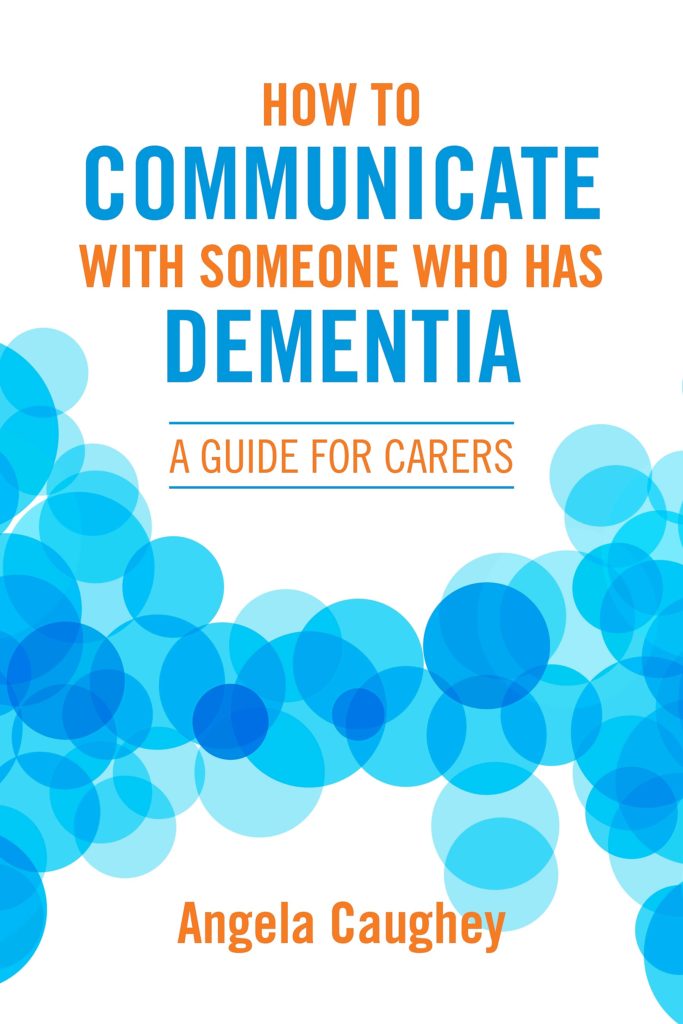 ‘It was nice to meet you,’ she said with a lovely smile after we had taken her out for lunch and a walk along the beach recently. I knew her condition was deteriorating but it still came as a shock to discover that my older sister, who has dementia, no longer remembers me. Sadly, I know she will go further downhill from here. But fortunately she is well cared for in a retirement home and has family close by as we live in Auckland and she lives in Dunedin.
‘It was nice to meet you,’ she said with a lovely smile after we had taken her out for lunch and a walk along the beach recently. I knew her condition was deteriorating but it still came as a shock to discover that my older sister, who has dementia, no longer remembers me. Sadly, I know she will go further downhill from here. But fortunately she is well cared for in a retirement home and has family close by as we live in Auckland and she lives in Dunedin.
I do try to stay in touch by phone. But when I ask her how she is and what she has been doing that day our conversations are very short. Her world is so small now and she remembers so little. But I think she still enjoys hearing my voice when I wish her goodnight, even if she doesn’t know who I am.
It’s not my first brush with dementia. My mother-in-law gradually succumbed to it in her last years. When we collected her from her retirement home on Sundays I found it increasingly difficult to spend time with her as she was a sad shadow of the lovely woman she had once been and was prone to strange hallucinations. In her mind the carpet in our lounge would turn into a raging river. There were battles on an imaginary train she rode on between evil boys and good girls. We’d never heard of Lewy Body Dementia and how hallucinations are quite common for people with this condition and it seemed exceedingly weird.
Eventually we devised a plan. We took her out to a different café every week (checking beforehand that it had a toilet which was wheelchair friendly) Her behaviour was occasionally inappropriate but the young waitstaff were invariable considerate. She loved being out and about and it didn’t really matter if she didn’t want to talk much as there were conversations flowing around us as we enjoyed our coffees in a convivial atmosphere.
These experiences have given me a very small taste of how difficult it is to communicate with those who have dementia. I have enormous respect for those who live with someone who has dementia and struggle to do this day after day.
Angela Caughey took care of her husband who had dementia for more than 12 years so she knows how it is from personal experience. After writing what became an internationally praised book Dealing Daily with Dementia she got a lot of feedback from readers who identified communication as a major difficulty. How to Communicate with Someone who has Dementia. A Guide for Carers (both family and professional care givers) was written in response to that need.
Poignant stories from carers who have shared their dementia experiences are a special part of this book.
The different kinds of dementia are explained and how these present different communication challenges that will change over time.
When first diagnosed, joint decisions will have to made how to deal with life from then on, how to tell friends and family, people at work and others.
One of her suggestions for this early stage is to make a Life Book with your partner and fill it with memorabilia (stories, photos, certificates, travel writings, cards etc.) which could lead to many pleasant hours of shared reminiscences. If they eventually have to go into a Care Home it will help staff to get to know that person better.
As the dementia progresses it can be very helpful for the carer to keep a journal to manage their own stress by letting off steam, get a better handle of what’s going on, what the best ways were to handle each situation and which would be best avoided next time and help track the changes that the person with dementia is going through,
A large part of the book is filled with practical ways of communicating. First some necessary Ground Rules are suggested which include the importance of clarifying and reflective listening, humour and patience and sometimes just letting them be when they don’t want to do something.
There may be specific barriers to communication. For instance it can be difficult to establish what a person with dementia wants if they have speech difficulties, partial or total loss of speech, mumbling or hearing loss, blindness, low moods or depression. This can make life especially challenging for both the person with dementia and the caregiver
As one husband said:
“I just about go around the bend sometimes. Briar will not wear her hearing aid. It’s bad enough managing life with her dementia without having to appear pleasant as I shout at her.”
Loads of practical suggestions for communicating effectively follow with chapters on Speaking effectively, I and You messages and Reflective listening.
Further down the track challenging behaviour is not uncommon (although it is not inevitable.) There are thoughtful ideas as to what might be causing it, how you can calm an agitated person but also need to be aware that if the aggression escalates it can be dangerous and in this situation you must be mindful for your own safety
In the last chapter she provides helpful suggestions on how to listen effectively and to interpret body language for those who can’t speak/or use words coherently any more.
I like the way that throughout the book she has provided a range of scenarios of both unhelpful and helpful ways of communicating in different situations. But as each person has different needs and responds in different ways carers will have to find out through trial and error what works or doesn’t work in their situation.
She does not underestimate how devilishly difficult it can be at times to communicate with those who have dementia , especially in their final stages , and acknowledges that they can at times be far from loveable.
But underling the whole book is the thought that inside those who have dementia there is still a person who deserves our love and respect.
How to Communicate with someone who has Dementia (A Guide for Carers) by Angela Caughey. Calico Publishing RRP $35
Reviews by Lyn Potter
Parent and grandparent, Avid traveller, writer & passionate home cook









Join the Discussion
Type out your comment here:
You must be logged in to post a comment.